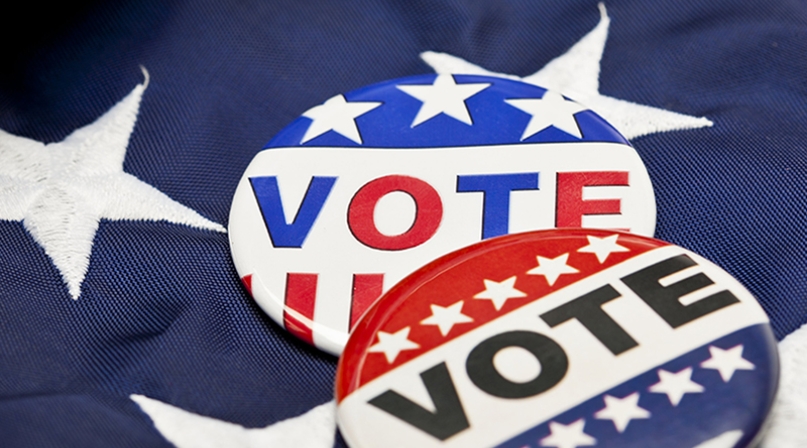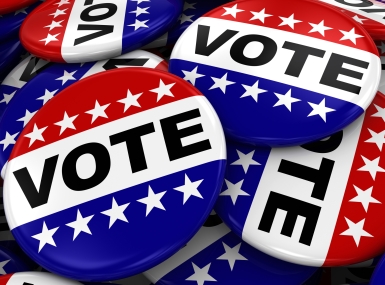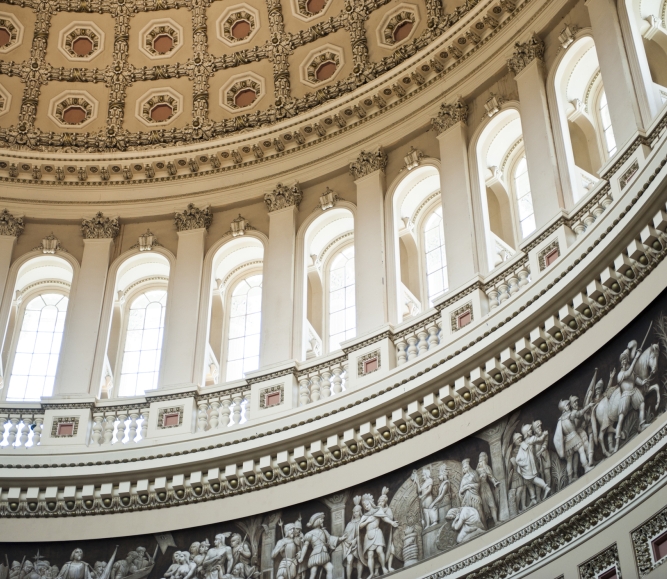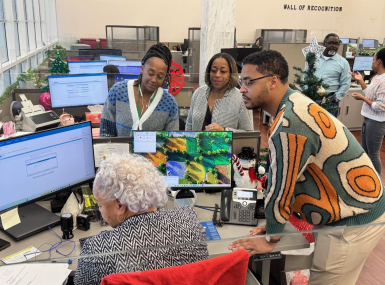Congress again looks to consider the SAVE Act: What this bill could mean for counties
Author

Paige Mellerio

Emma Conover
Upcoming Events
Related News

Key Takeaways
On September 6, U.S. Speaker of the House Mike Johnson (R-La.) unveiled the text to a Continuing Resolution (CR; H.R. 9494) to avoid a government shutdown through March 2025 that included the text of the Safeguard American Voter Eligibility (SAVE) Act (H.R. 8281). While the CR ultimately failed to receive a vote, the SAVE Act is priority legislation for U.S. House Republican leadership and there could be other attempts to enact this legislation this Congress.
The SAVE Act: an overview
The SAVE Act is an amendment to the National Voter Registration Act of 1993 that would require individuals to prove their citizenship when registering to vote. Citizenship has always been a requirement to vote in federal elections, but the bill would require states to validate a voter’s citizen status with a valid passport, REAL I.D., military I.D. or other approved document indicating birthplace.
The current voter registration process does not require documentary proof, but rather an attestation of citizenship under penalty of perjury for false claims. The SAVE Act would create new guidelines for state and local election officials to vet voter databases and provide free access to certain federal databases to confirm a voter’s citizenship status. Criminal penalties would be imposed on officials who materially assist or successfully register individuals to vote who are unable to show proof of citizenship.
How we got here:
On May 23, the House Administration Committee held a full committee markup of the SAVE Act and Preventing Foreign Interference in American Elections Act (H.R. 8399). On June 7, Rep. Chip Roy (R-Texas) and a group of 49 Republican Representatives introduced the SAVE Act, which passed on July 10 with a vote of 221-198. However, the SAVE Act faces an uphill battle. Both the U.S. Senate leadership and the White House indicated they would not support the stopgap measure including the SAVE Act and on September 18, the stopgap measure failed to pass the U.S. House by a vote of 202-220.
Since the SAVE Act is priority legislation for Speaker Johnson, we anticipate additional attempts to enact this legislation.
How does this impact counties?
While states are largely responsible for voter registration processes, county election officials play a key role in registering individuals to vote as well as cleaning and vetting voter rolls in preparation to administer elections on the ground. Implementing changes included in the SAVE Act could require additional training for county election officials and poll workers.
Accurate voter registration databases are crucial for the integrity of our elections and improved data-sharing between federal entities and state and local election officials could enhance accuracy. State and local election officials own their voter data and NACo supports collaborative efforts to improve collaborative data-sharing among federal, state and local entities.
The SAVE Act does not authorize additional federal funding for states and local governments to implement these new guidelines. Counties urge the U.S. Congress to fund Help America Vote Act (HAVA) election security grants to assist states and counties improve election administration and potentially implement the SAVE Act.
NACo will continue to advocate for federal funding for election administration and other county priorities and will keep members updated on developments on the bill.
Related News

2024 Clearinghouse Awards: U.S. Election Assistance Commission recognizes county excellence in election administration
The U.S. Election Assistance Commission (EAC) announced the winners of its 2024 Clearinghouse awards, recognizing 32 counties for their election administration practices during the 2024 election cycle.

County Countdown – April 7, 2025
Every other week, NACo's County Countdown reviews top federal policy advocacy items with an eye towards counties and the intergovernmental partnership. This week features a budget reconciliation update, HHS restructuring and more.
Resource
2025 Appropriations Tracker

